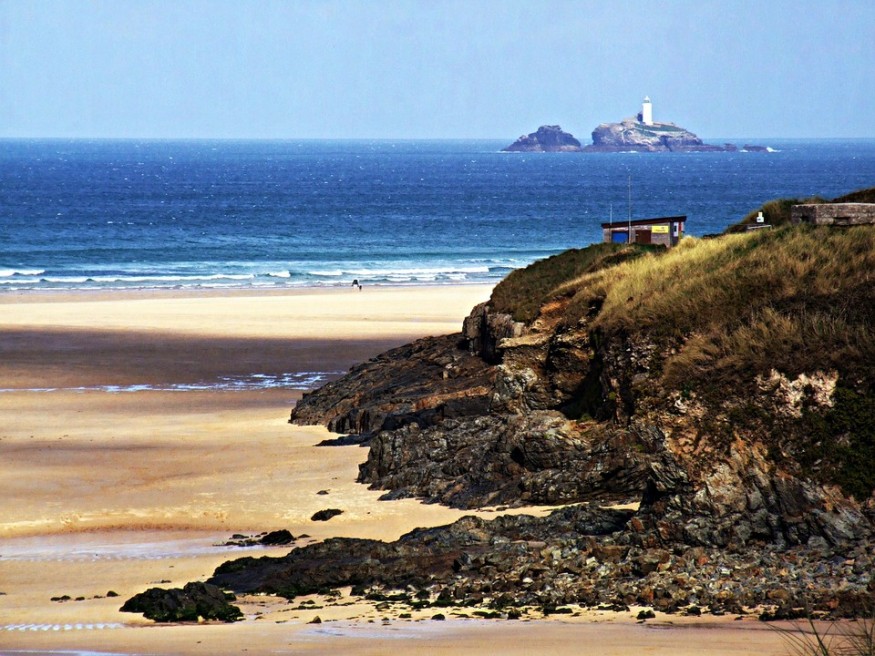
Researchers from the West Cornwall Ringing Group and National Trust revealed that seabirds had brought elastic bands to the island. The bids had mistaken the waste as worms while searching for food on the mainland.
In an article from The Guardian, West Cornwall Ringing Group representative Mark Grantham was saddened over the situation of the place as human beings "have a [waste] impact everywhere."
What happened to the island?
Grantham narrated that their group paddles across the place since 2013 to count the birds and started to notice the colorful bands to the beautiful island. He added they kept their trips short to avoid disturbing the birds. Hence, they did not keep track of how many bands were dropped there. The group decided to paddle over and observe after this year's breeding season.
To avoid disturbing the nesting birds, Grantham said they made a "special trip" to the island to clear the litter. He added the group collected thousands of bands and fishing waste.
"The gull breeding season was disappointingly poor in 2019. These human pressures are doing nothing to help our seabirds," he added.
Grantham believed the birds had been collecting the bands for decades. Some of the collected waste were new and bright. Others were faded and brittle.
Small fishing nets and twine, together with the bands, were also revealed to be among the food undigested by the seabirds. The group also found a dead gull with a fishing hook attached to its gullet.
Rachel Holder, area ranger for the National Trust, said ingested rubber and plastic are among the factors that cause the challenges they face with their gulls' and the other seabirds' survival. She noted the gull population has been declining despite being commonly seen because of these wastes.
"They're already struggling with changes to fish populations and disturbance to nesting sites - and eating elastic bands, and fishing waste do nothing to ease their plight," Holder explained.
The elastic bands are deemed to have originated from nearby horticultural fields, where they are used to tie together bundles of harvested flowers. The National Trust is urging the companies to reconsider disposing of supplies that could cause wildlife harm.
Lizzy Carlyle, the head of environmental practices at the National Trust, told The Guardian that it is up to all human beings to be responsible for disposing and segregating these items properly - be it consumers or suppliers of waste.
Gull Populations are Declining – Research
According to the UK Red List of Birds of Conservation Concern, gull populations are declining, which includes the herring gulls. The gulls are known for robbing food from unassuming tourists and these elastic bands are definitely among those things they would definitely be interested in.
Mullion Island, the site of the gulls' dumpsite for their undigested food, is a two-hectare outpost made up of volcanic pillow lava. The island is located half a mile off the coast of the Lizard peninsula in south Cornwall.
The island is currently home to one of the largest colonies of great black-backed gulls in Cornwall, with up to 70 nests each summer, plus 50 cormorant nests.
RELATED ARTICLE : Fish Decline Means a Trashy Diet for Gulls
© 2026 NatureWorldNews.com All rights reserved. Do not reproduce without permission.





